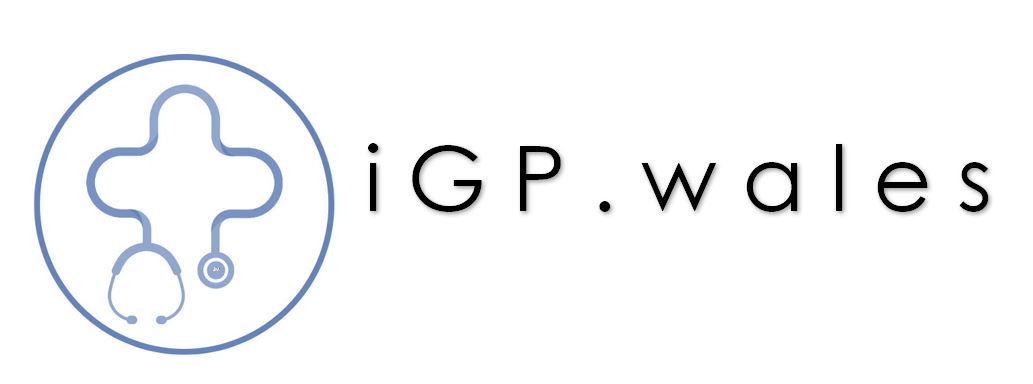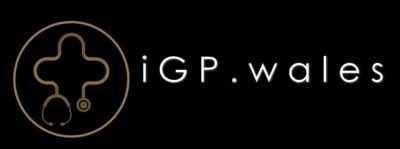Reflection – A guide to reflective writing
As this is quite a big topic and key to many areas in your ePortfolio (and future career as an independent practitioner) this has its own separate page.
Why should I write reflections?
Your ePortfolio (currently hosted on FourteenFish) is an opportunity to share evidence of your learning and development.
Not only is it useful for your own progress, but a good reflective entry allows your supervisor to assess you and confirm your skills in becoming an independent General Practitioner.
The whole practice of reflective writing isn’t just to get you through ARCP and appraisals, it’s a core part of being a GP.
What should I write about?
The entries you choose to write about needs to have some meaning to you in order to demonstrate your skills across the capabilities and clinical experience groups.
You can reflect on areas that you feel you’ve done well and have become confident in and why. More interesting entries focus on providing that evidence of your progress by highlighting areas that you feel less confident about, why they made you feel like that, the impact on you/the patient/your colleagues and importantly how you plan to address these learning needs you have identified.
How should I write my reflections?
You can write your entries under ‘Clinical Case Reviews’.
The template on FourteenFish Clinical Case Reviews currently as follows (click to expand).
How much should I write in my Reflection?
One of the recommendations that stuck in my mind whilst training to be a GP Trainer by one of our Associate Deans was the Oak Tree and Christmas Tree Model.

This suggests that the majority of our content should weigh more towards the bottom, the actual ‘Reflection’ and ‘Learning Needs’ tends to sit there.
I was part of the last group that had their ePortfolio when it was still hosted on the RCGP website. Back in 2020 (on the cusp of the COVID-19 Pandemic) the Clinical Encounter template was:
- What Happened
- What if anything happened Subsequently?
- What did you learn?
- What will you do differently in the future?
- What further learning needs did you identify?
- How and when will you address them?
Although it’s a little different now, the main focus should still sit more on the areas of reflecting on the event. What will you maintain? What will you improve? What will you stop? And what are the learning needs identified from the event.
When should I be writing my reflections?
You should write when you feel you’ve got something meaningful to reflect on.
As a practical tip, it’s ideal for both you and your supervisor that you write ‘steadily’.
This doesn’t mean writing loads and overloading you and your supervisor.
The pitfalls of leaving the portfolio empty for months at a time and clustering entries together?
- More pressure on you to write
- When your supervisor provides feedback and advice on one entry, many entries written at the same time may end up having the same feedback.
- This can be problematic because it does not allow you to digest the feedback, apply it, and demonstrate that feedback to your supervisor in your next entry.
A tip I heard from a GP appraiser is that they don’t want to have to wade through masses of entries. They want to see quality entries where doctors can convey what impact this has made to you, to your practice, to your colleagues and patients.
Examples of reflective writing
This bit, I’ll need to update.
Links to reflections











